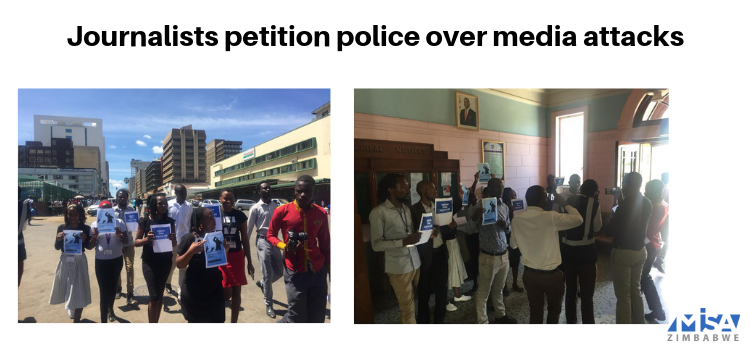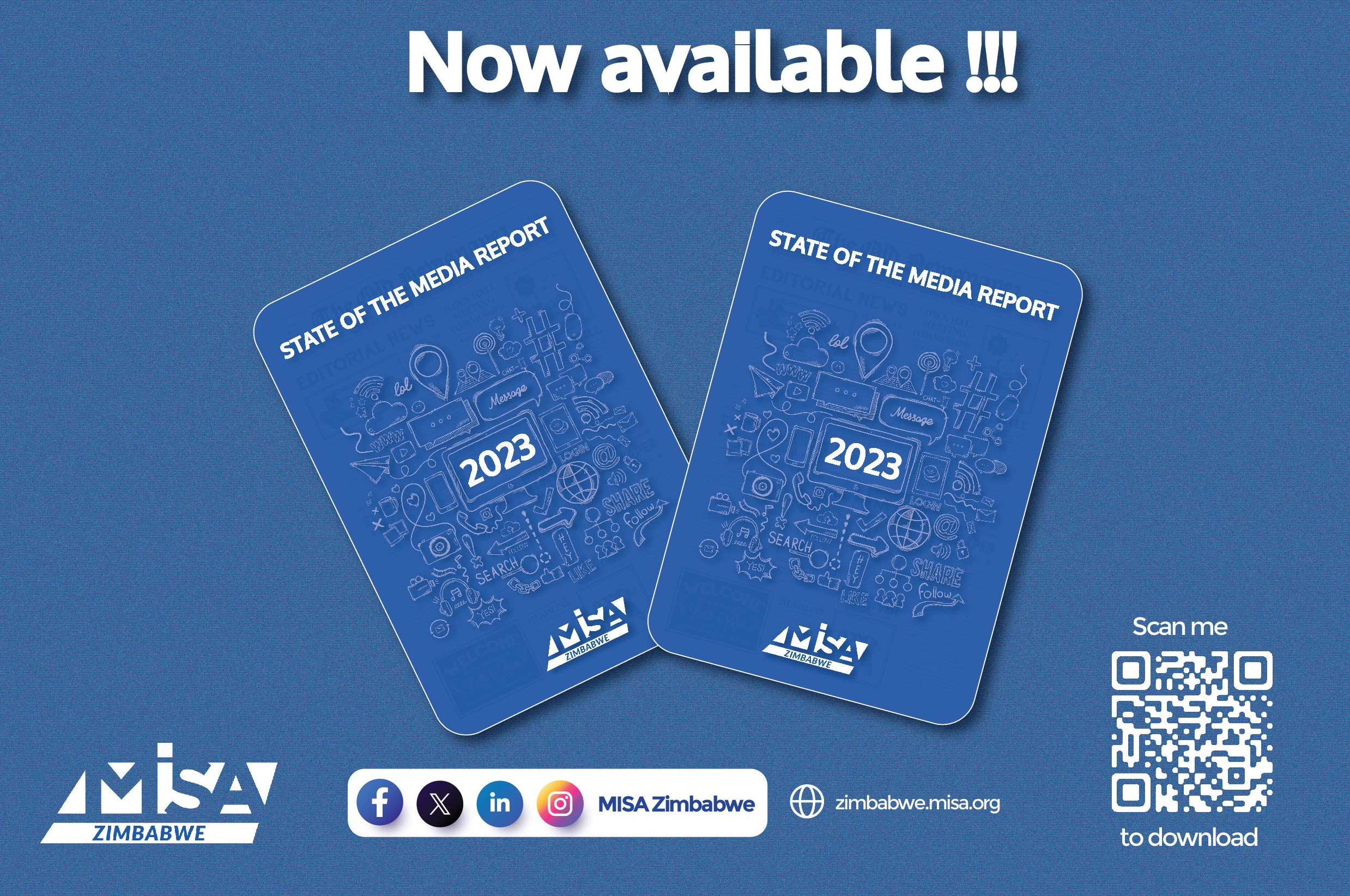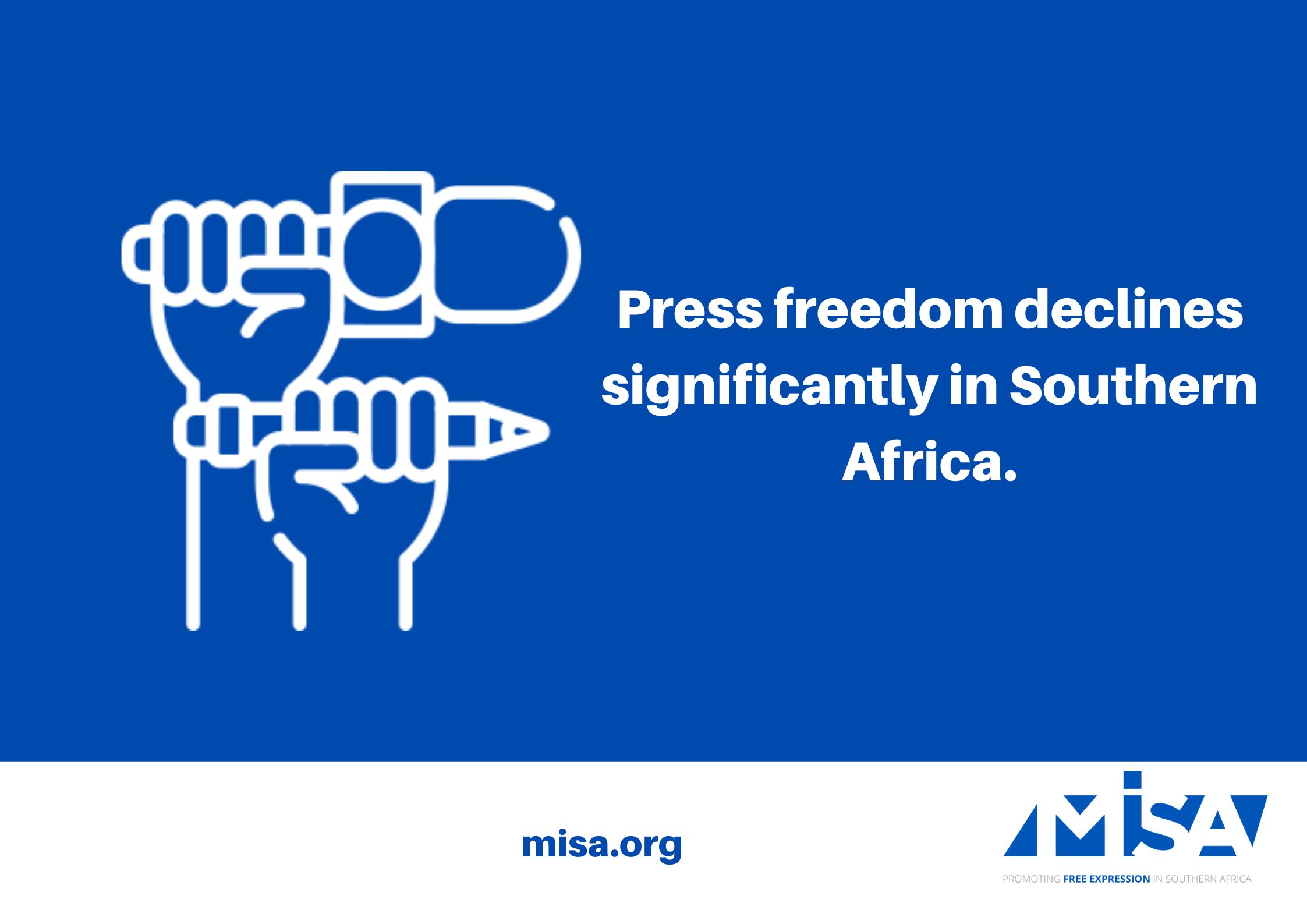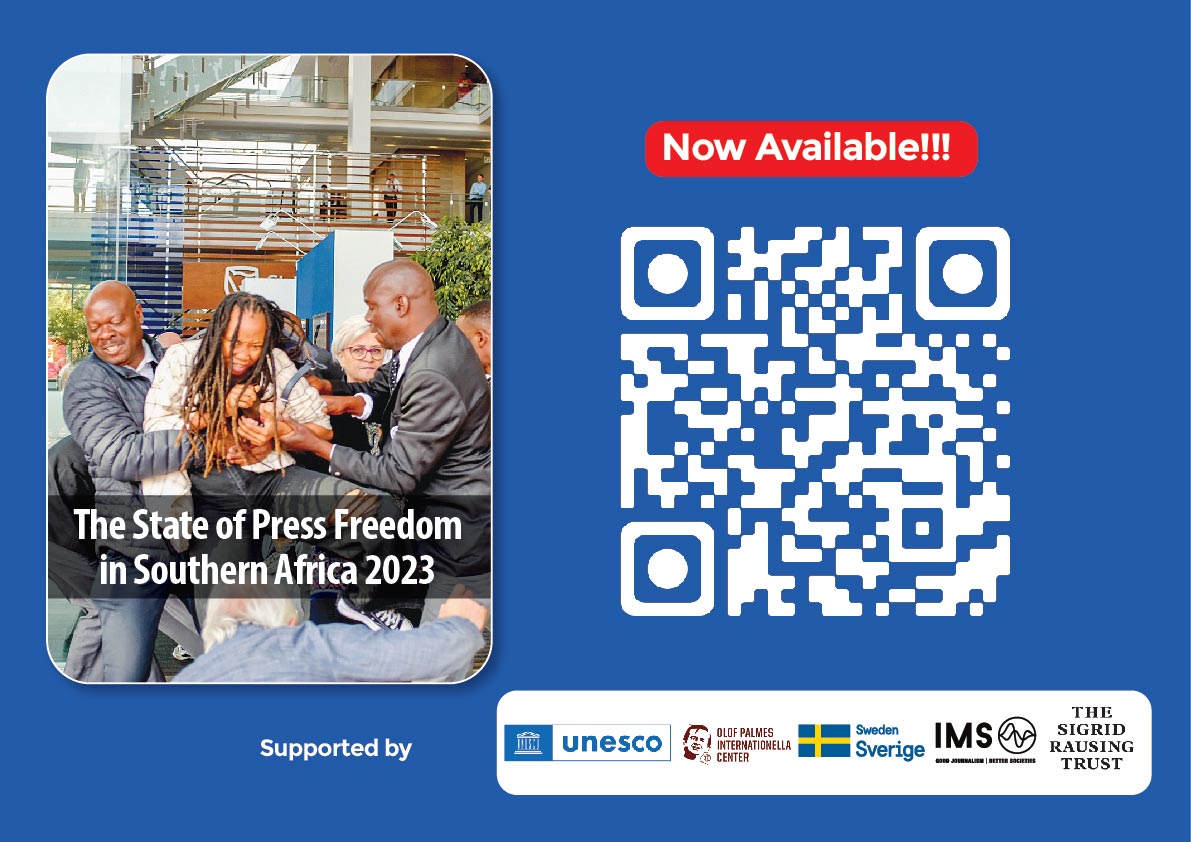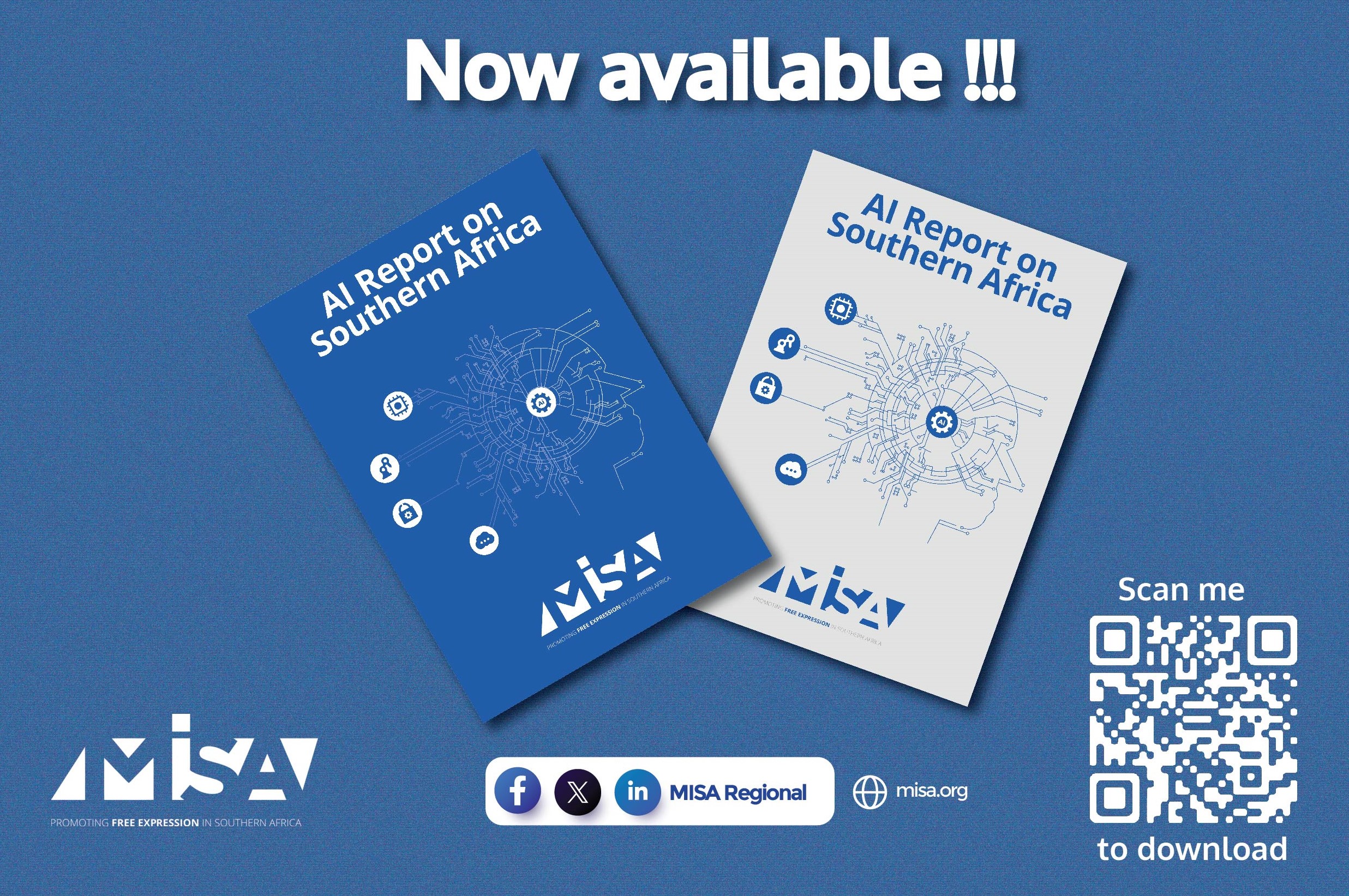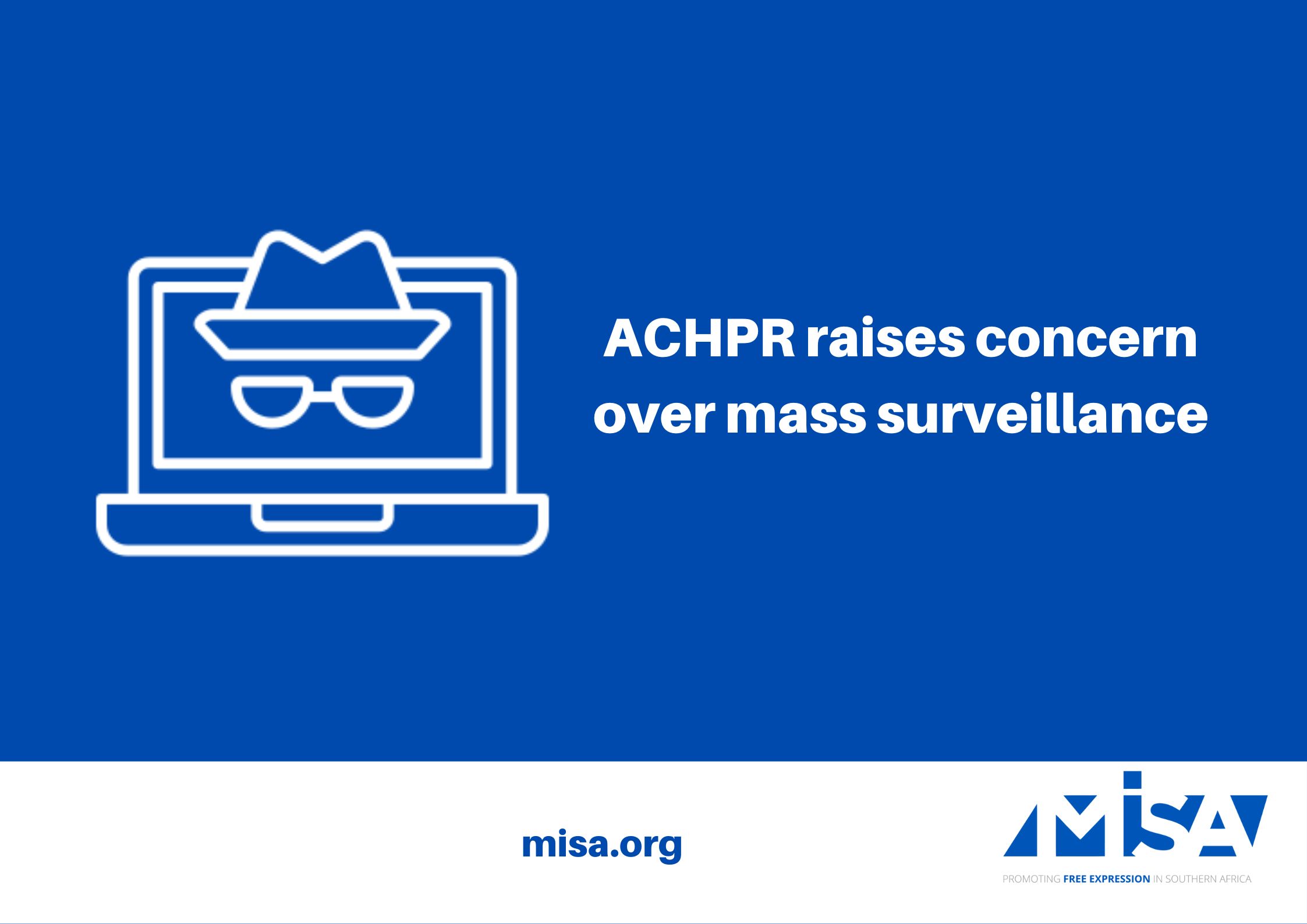More than 30 Harare-based journalists on 8 April 2019 petitioned the Zimbabwe Republic Police following the firing of teargas canisters by the police into the offices of online publication 263Chat in Harare on 4 April 2019.
The journalists marched to Harare Central Police Station where they were initially barred from entering the premises by heavily armed police officers. The officers confiscated and tore the placards they were holding.
However, after an initial standoff, they were then allowed to enter the police station where they presented their petition to Chief Superintendent Simba Chagu. Superintendent Chagu then addressed the journalists and told them they had contravened sections of the Public Order and Security Act by failing to notify the police about their intention to deliver the petition before dismissing them.
Earlier, the journalists had marched from the Media Centre to Town House where they were addressed by Harare Mayor Herbert Gomba upon presentation of the same petition. The mayor said the Council had instituted an investigation into the incident.

The petition delivered to Harare City Council and the Zimbabwe Republic Police today
“A police report (following the incident) was lodged and visual evidence of the attackers is available to assist the police in their investigations of this matter. To our knowledge, no arrests had been effected at the time of the submission of this petition to your esteemed offices,” part of the petition reads.
“Media practitioners have a right to cover current affairs such as police operations against vendors in a public space. The only limitation being that such media coverage should not interfere with the ongoing police operation.”
The journalists condemned the firing of teargas canisters into the occupied offices of 263Chat as unwarranted and unjustified.
“We, therefore, urge you to conduct thorough investigations into this shocking incident as a matter of urgency and thus assure the safety and security of journalists undertaking their lawful professional duties as provided for by the Constitution,” reads the petition.
Background
The incident happened on the afternoon of Thursday, 4 April 2019 during a joint operation against vendors by police and Harare municipal police officers in the central business district.
End
MISA Zimbabwe Communiqué




